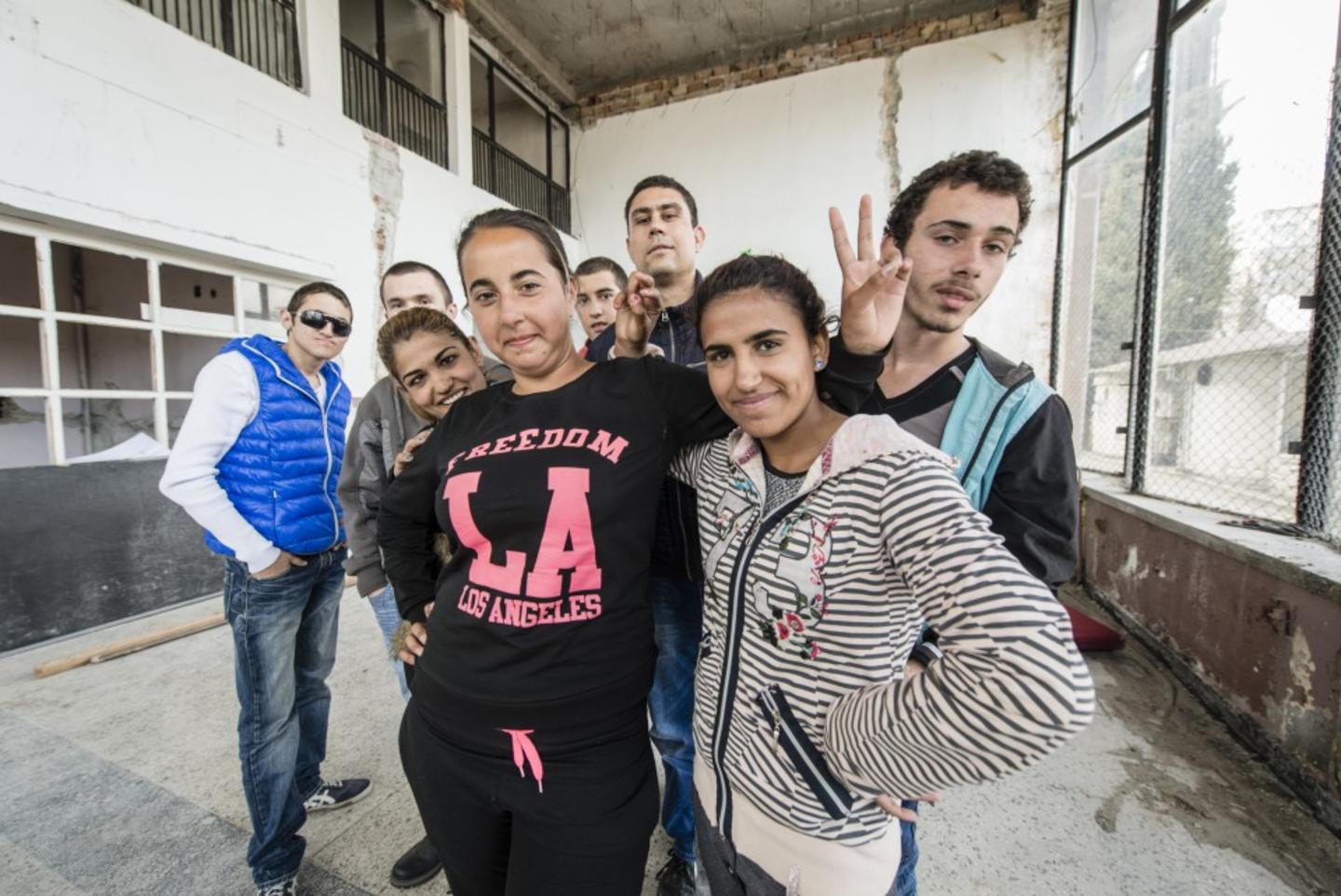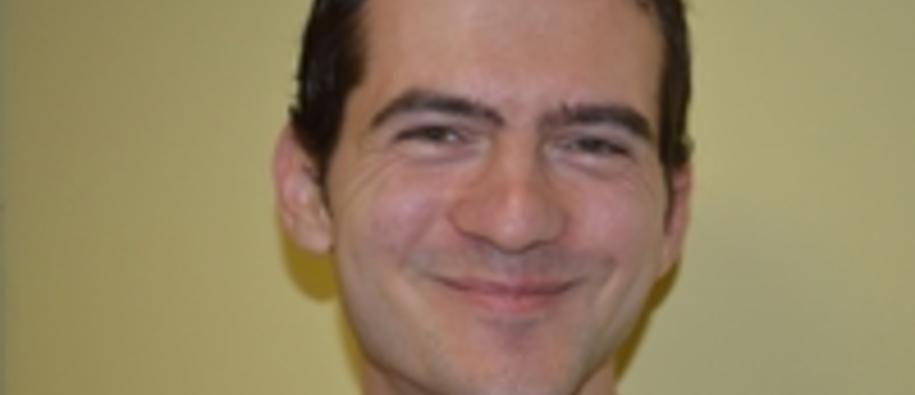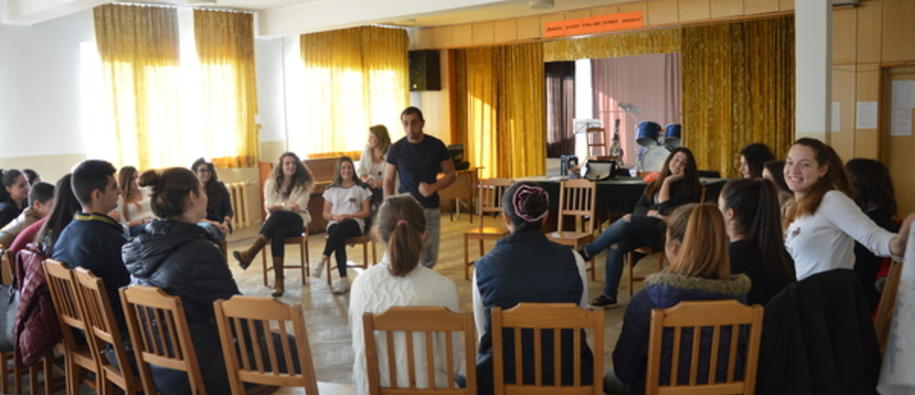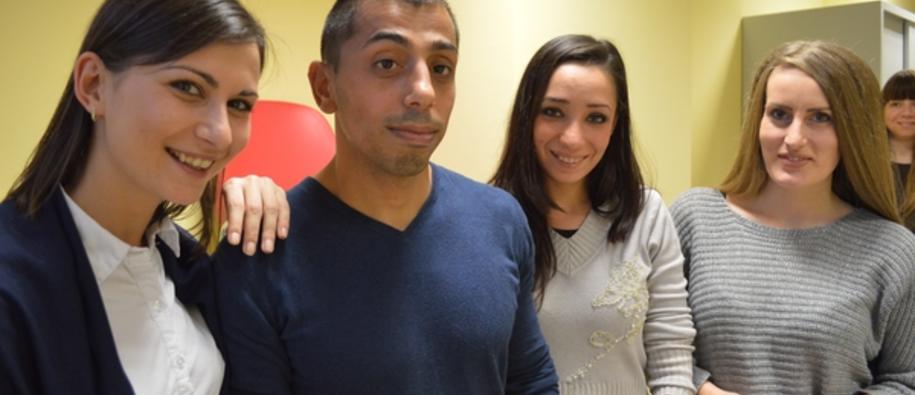“I used to be a very introvert person, now I am talkative and I’ve made more friends in two months at the youth centre, than I have my entire life,” says Miroslav (24).
Unemployment and crime
Miroslav is studying international and economic relations, and is one of 500 youths who frequently visits the youth centre in the city of Stara Zagora, a community two hours outside Sofia in Bulgaria.
The award-winning youth centre is making a huge impact in preventing school drop-outs and social exclusion by empowering young people in a country where the youth unemployment rate is high, and too many young people are exposed to criminality, lack of services and an unhealthy way of life.
The centre has been created with over €1 million in support from Iceland, Lichtenstein, and Norway, through the EEA Grants.
“I used to be shy”
“The key purpose of this project is to keep the focus on education and help the youth find jobs,” says daily manager, Vesela Mareva.
“I am here as often as I can, at least twice a week. I’ve changed since I first came here in September 2016. I used to be very shy and I didn’t like strangers, now I’m a completely different person” says Miroslav.
How to write a CV
Today, approximately 500 youths age 15-29 visit the centre every month to participate in free activities or just to socialize.
“Our goal is to create good conditions for youth to stay in school and to provide skills for fulfilment in life. We help them get jobs by teaching them how to write a CV, a motivation letter, and simulating job interviews. We also arrange meetings between unemployed young people and employers, to convince them to hire them,” says Vesela.
The project 'International youth center for work with children and young people at risk in Stara Zagora' was recently awarded the Council of Europe’s Quality Label Award for its work on empowering young citizens in Bulgaria.
Includes Roma people
The youth centre offers human rights education and leadership training as well as dance and language classes. Among the people working at the centre, are trained Roma mediators that work to improve the position of Roma people in Bulgaria.
“We visit five Roma communities in this region to present ourselves and our activities. We want to protect young people from social exclusion, discrimination, and youth unemployment,” says Roma mediator, Zdravko Tenev.
With two Roma mediators, the centre tries to approach the parents and make them understand the importance of studying.
“Out in the field you have to talk to everyone - the neighbours, the granny, even the dog. The parents often support that their youths are included, but in some cases, we have to convince them - especially when it comes to daughters,” says Zdravko.
In Stara Zagora 25 percent of the young population identify themselves as members of minority groups. The employees at the youth centre therefore represent different ethnical groups.
Developing social skills
“Our ambition is to develop youth policy and activities to promote the values of the EU parliament - democracy, human rights, and laws. We encourage young people to take initiative and stimulate them to achieve more self-esteem,” says Vesela.
For Miroslav, the centre helped him to develop social skills and was crucial in becoming integrated in a social environment.
“The centre helped me to become more open minded, there is a good atmosphere here – you can face your demons because everyone is so open,” says Miroslav.
-------
Looking for related stories? Try these!



